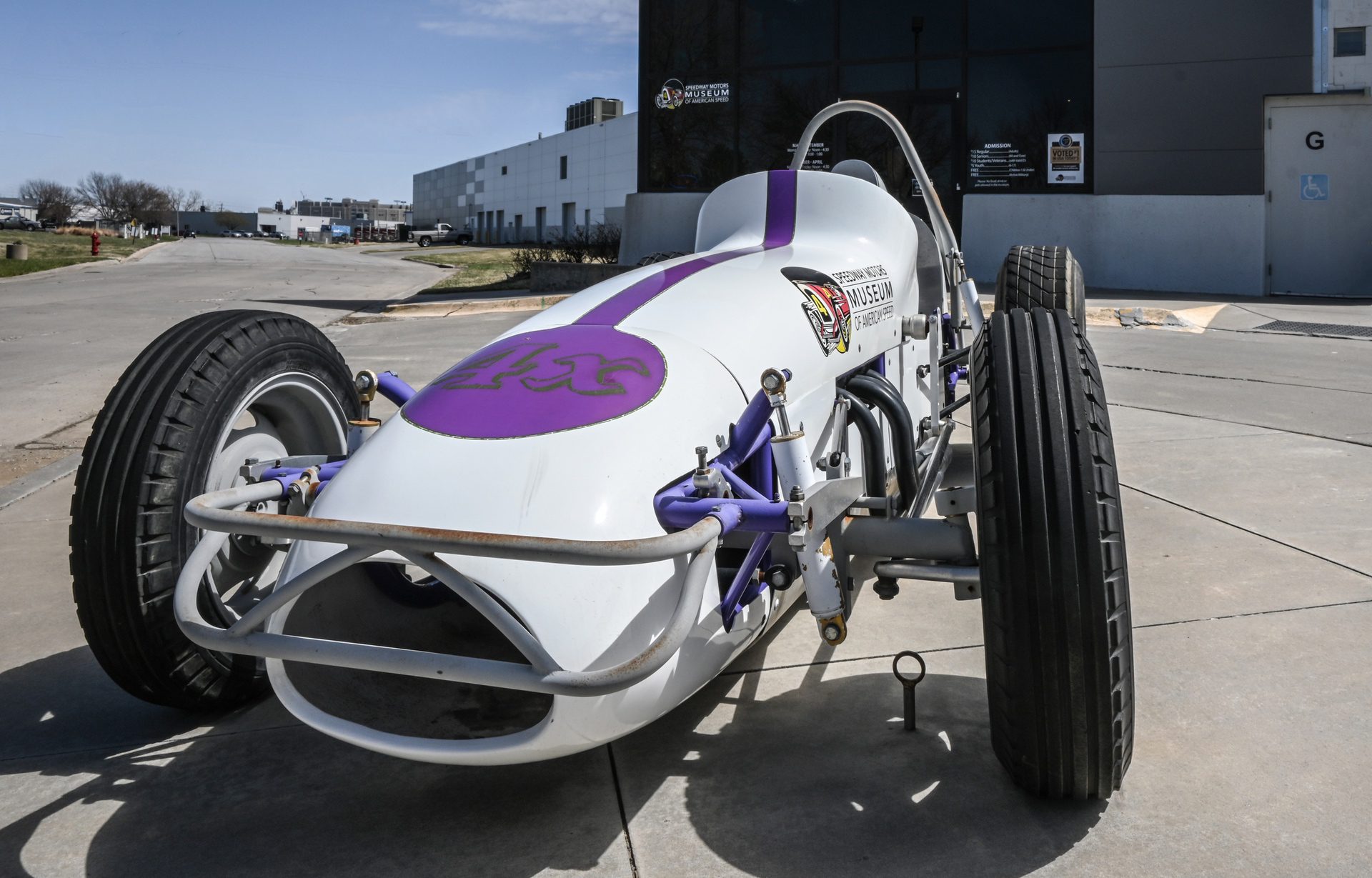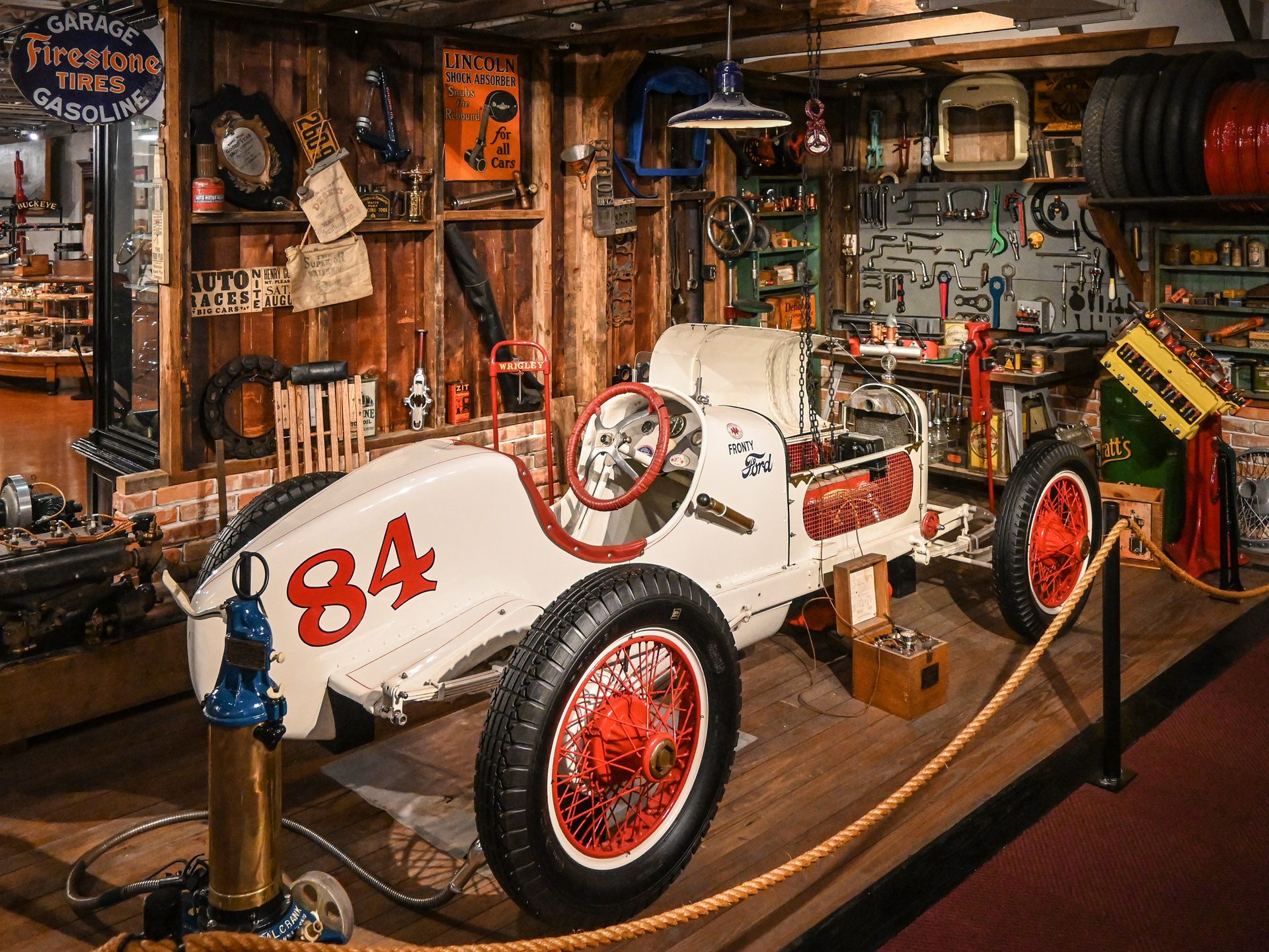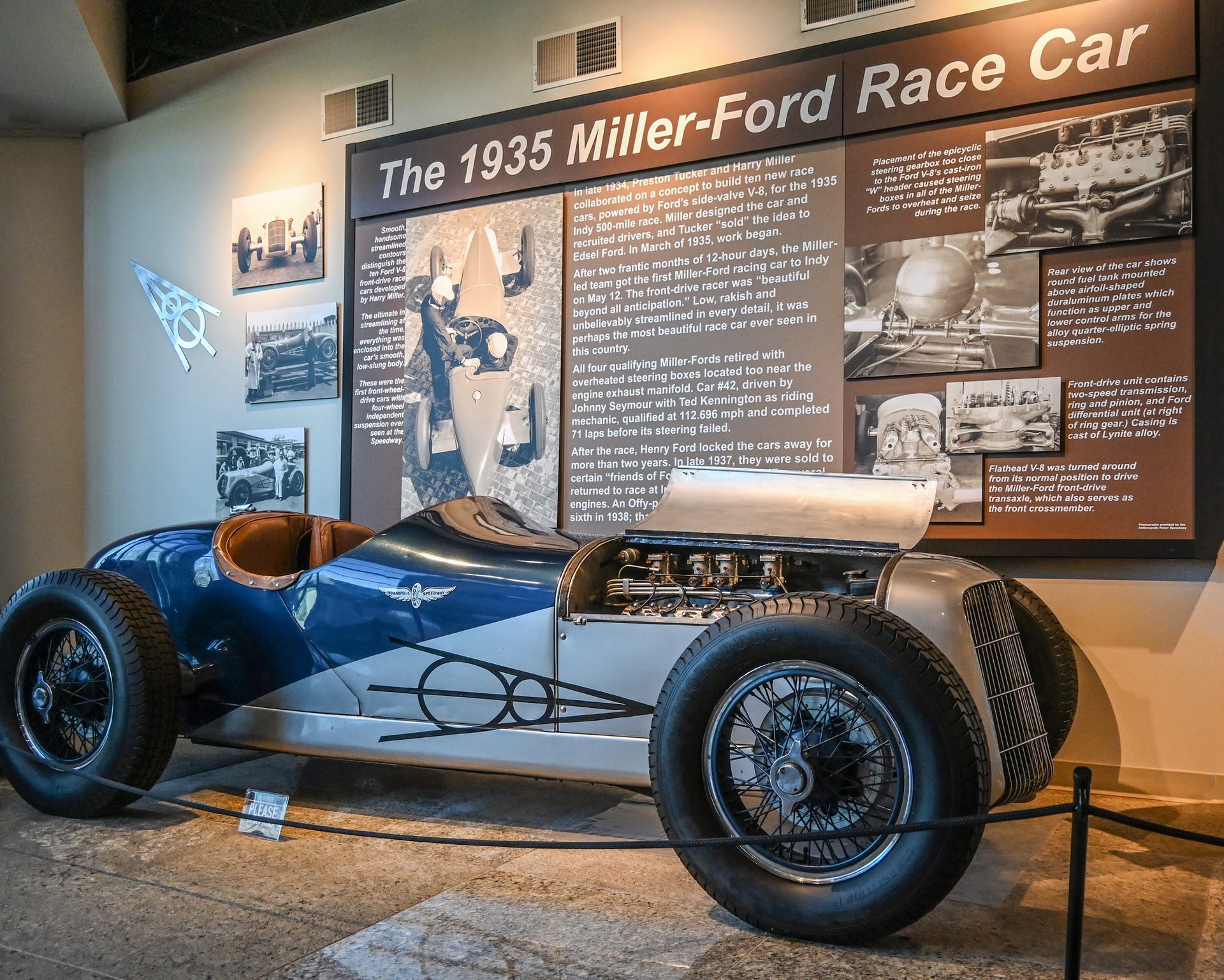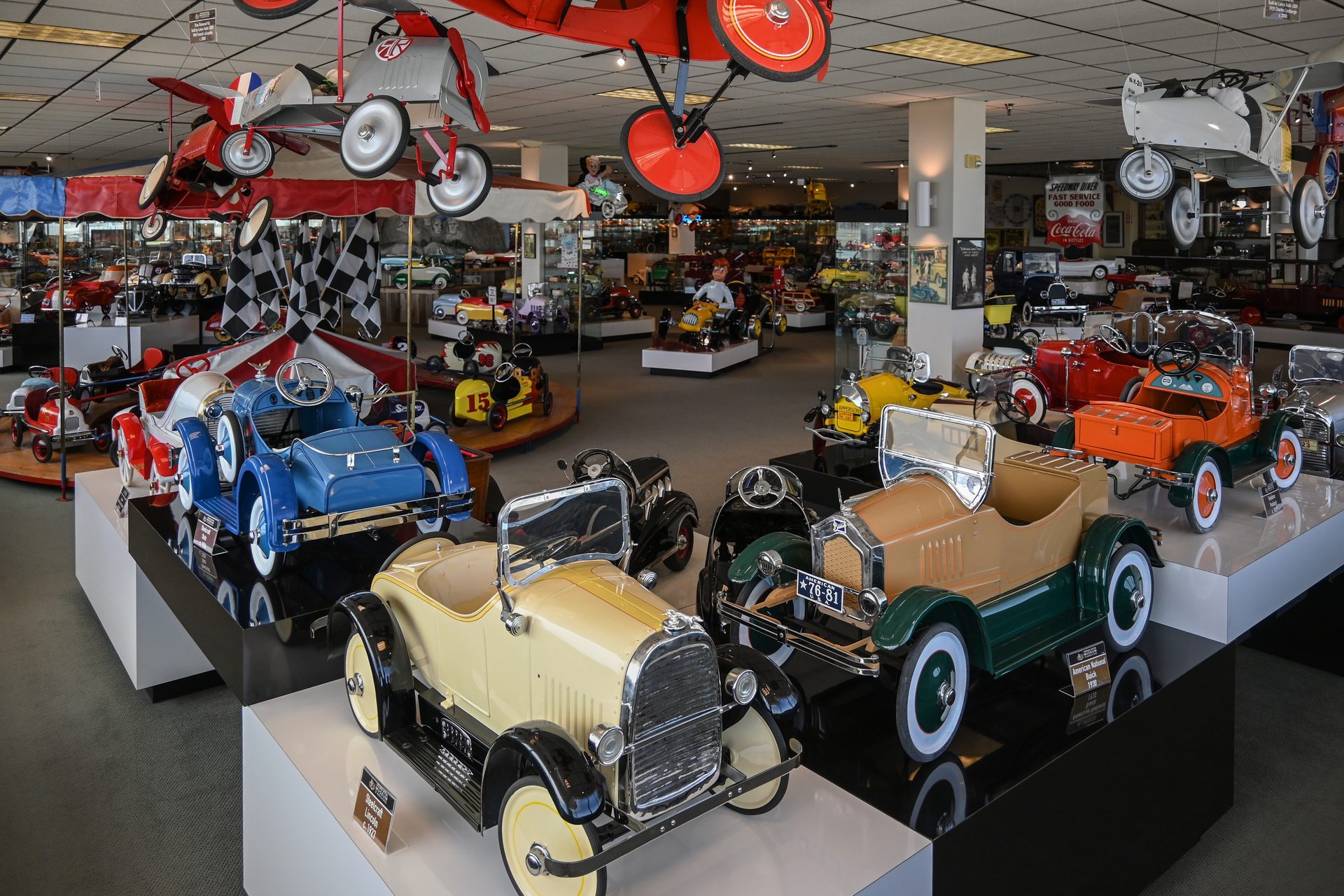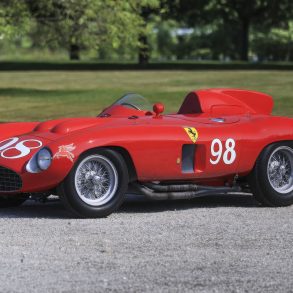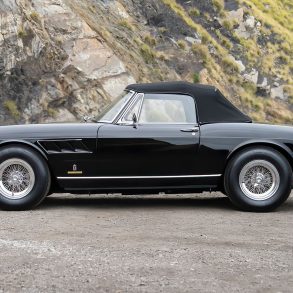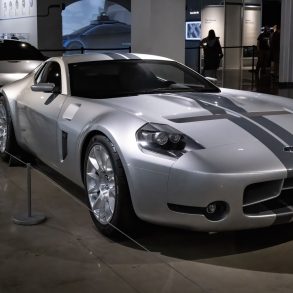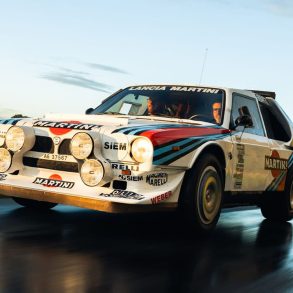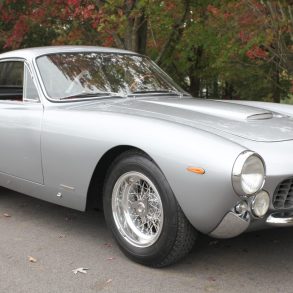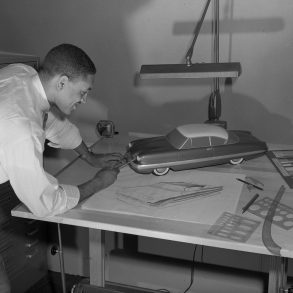Nestled in a nondescript building at an industrial section of Lincoln, Nebraska lies one of the world’s most impressive automotive collections. If not for the race car out front, you’d have no idea of what awaits you inside.
Before I dive into this story, I have a confession: I grew up in Lincoln. One of the customers of my father’s tool business was a company called Speedway Motors. It was a place to buy parts that would turn street cars into racers and hot rods. 70+ years later, Speedway Motors is a multi-million dollar company, and the man who started it all, “Speedy” Bill Smith, is the patriarch and visionary behind the Museum of American Speed.
The museum covers more than 150,000 square feet, arranged on three floors of the building. It’s an amazing maze of vintage race cars, motors, and accessories, some dating back more than 100 years. The displays are a crazy quilt of American racers. Outlaws, midgets, dirt trackers, Indy cars, and good old American muscle.
Many of the cars are displayed in recreations of their original garages. They give us impressive insight into what a race shop might have looked like decades ago, down to the individual hand tools and spare parts.
There’s some real history here. This car ran in the 1941 Indianapolis 500, with Joie Chitwood behind the wheel. The car bounced around so much on the bricks of the Speedway that it was almost impossible for Chitwood to keep his right foot on the gas pedal.
To keep himself planted in the seat and keep his foot on the floor, Chitwood took a seatbelt out of an old airplane and mounted it into this car. It was the first seatbelt ever seen at Indy.
Indianapolis racers are well represented, from the 1935 Miller-Ford (above, top), to the 1967 Mallard Turbo Offy (middle), and the 1969 STP Indy Car (lower).
Two vintage Chevrolet Corvettes sit smack-dab near the center of the Speed Museum. The little red Corvette is a ‘57…the white one is from 1953, the first year of ‘Vette production. Only 300 were produced that first year, and all of them were white.
Henry Ford once famously said, “A customer can have a car painted any color he wants as long as it’s black.” The Ford Model T was the most influential car of the 20th century. Millions and millions were made between 1908 and 1927.
But what if you didn’t want a black car that looked like every other black car?
For at little as $49, you could buy a fancy new body, in nearly any color, and bolt it onto a rolling Model T chassis and motor. Small companies sprang up all across America, making custom bodies that turned factory Model Ts into real race cars.
There are nearly as many stand-alone motors as complete cars on display in this museum. Some are still in the shop, getting repaired and restored. And nearly every engine is American—you’ve got Chevrolet Corvette engines, Ford Mustang engines, and more.
I did find one foreign powerplant… a ¼ scale Ferrari V-12. Hand added for scale.
And there’s a bunch of Bugattis, too…but they’re all mini-scale kids’ cars.
The collection of kid-size pedal cars covers nearly a full floor. This museum-within-a-museum appeals to the kid inside all of us. At the Museum of American Speed, the only difference between men and boys is the size of their toys.


